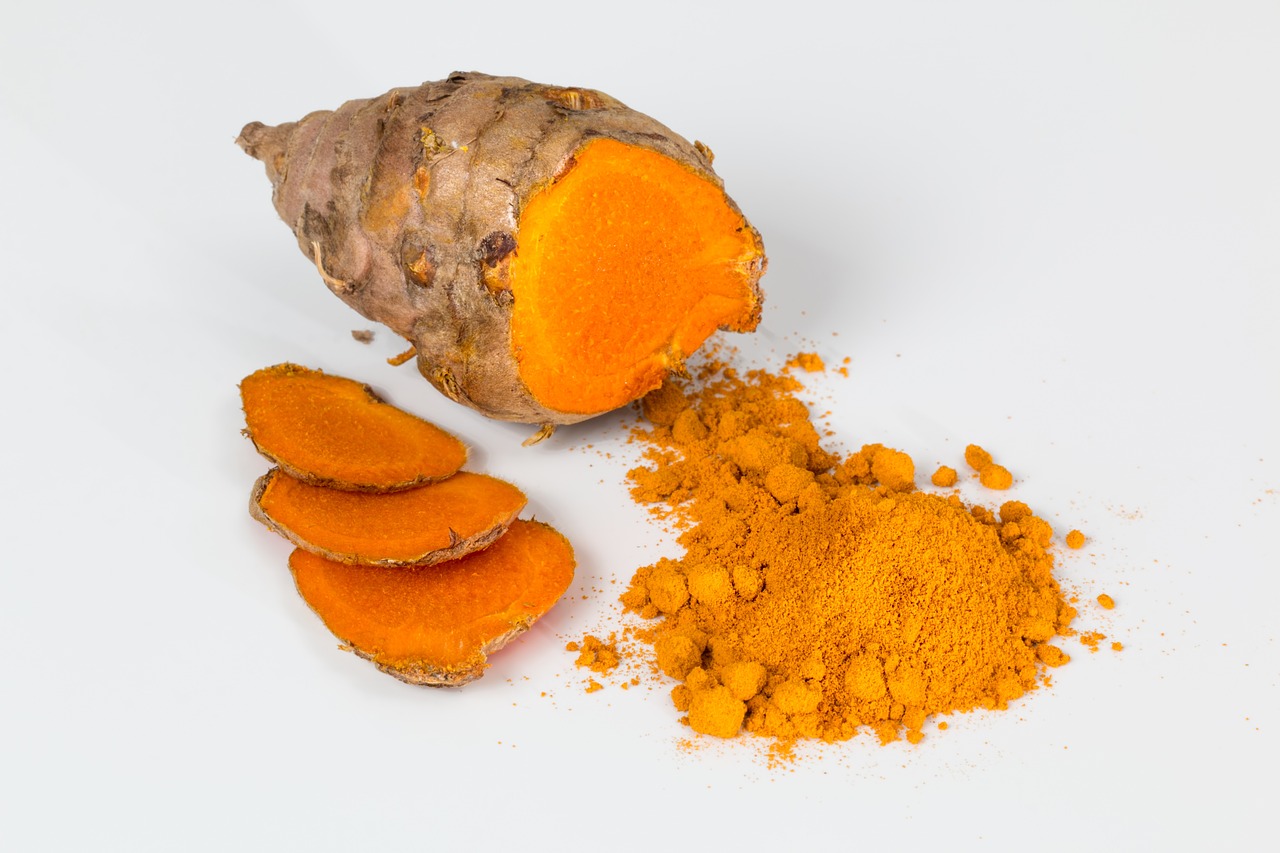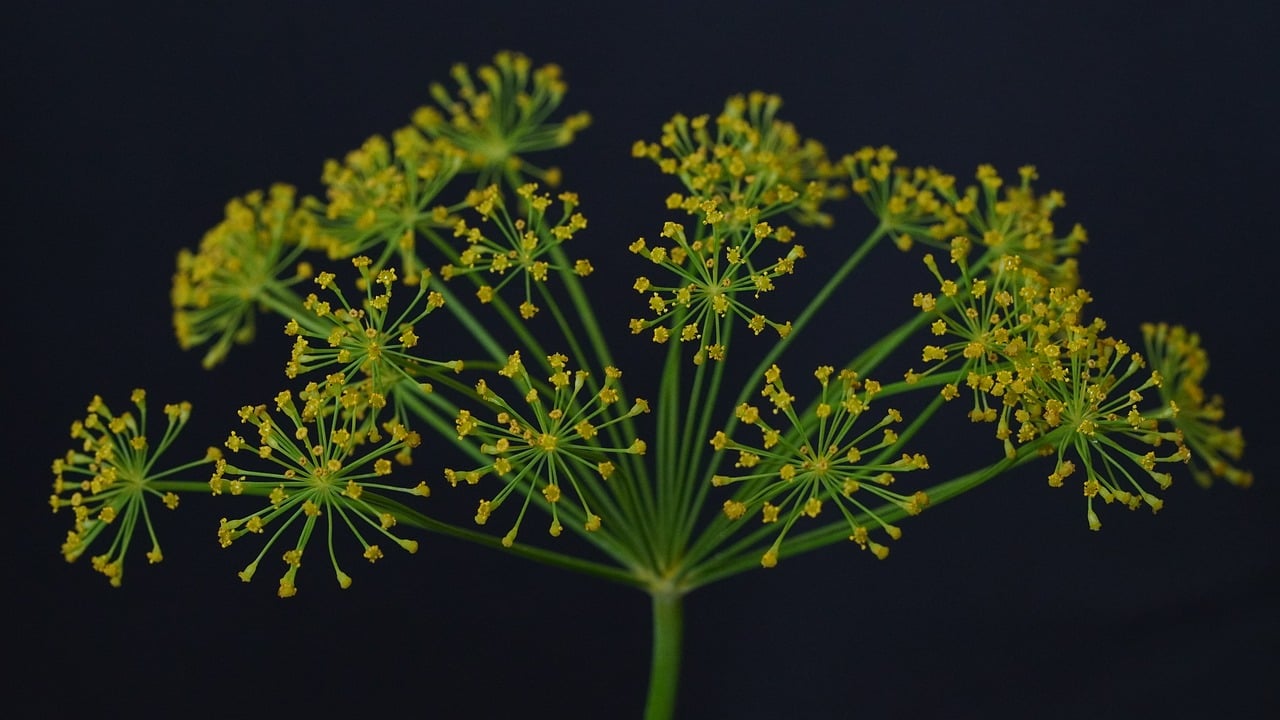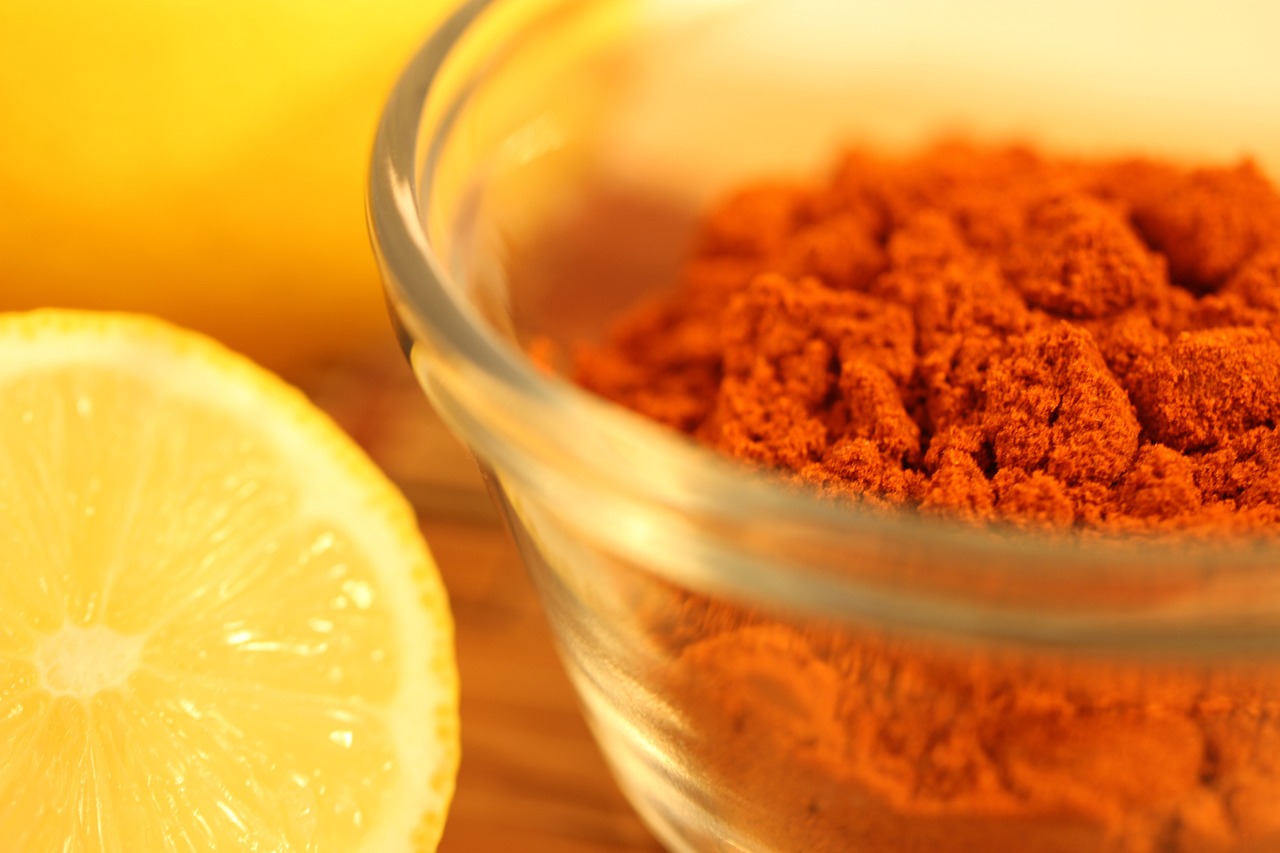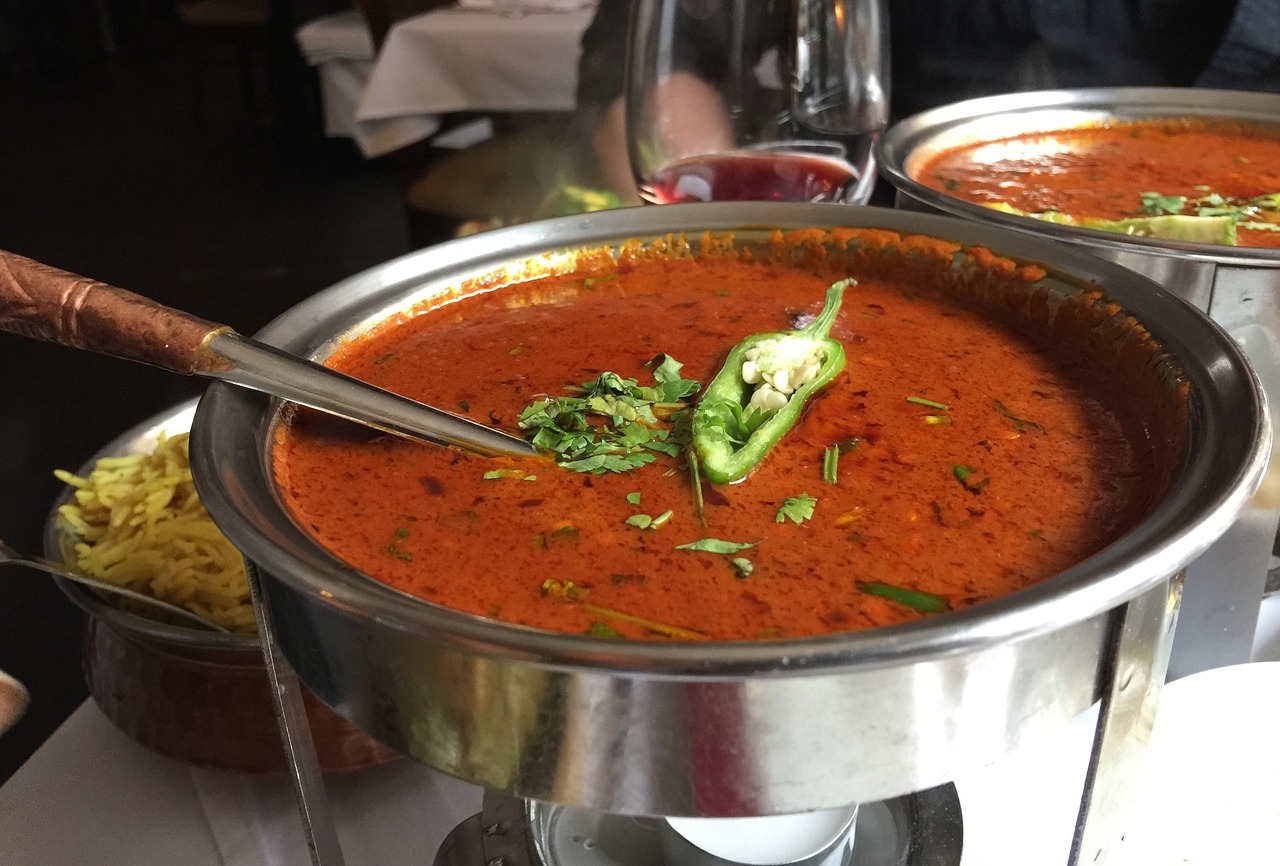Authentic Indian Curry Recipes and Where to Find Them
Are you ready to embark on a culinary journey filled with the vibrant flavors and aromatic spices of authentic Indian curry recipes? Get ready to tantalize your taste buds and discover the rich tapestry of ingredients that make Indian cuisine so beloved around the world.
When it comes to Indian curry, the options are as diverse as the country itself. From the creamy indulgence of butter chicken to the fiery kick of vindaloo, each curry type offers a unique sensory experience that reflects the cultural heritage and culinary expertise of India.
Essential to the magic of Indian curry are the spices, herbs, and other key ingredients that come together to create a symphony of flavors. The careful selection and combination of these elements are what give Indian curry its unmistakable taste and aroma, setting it apart from any other cuisine.
But it's not just about the ingredients; it's also about the cooking techniques. In Indian curry preparation, the art of tempering spices, the patience of slow cooking, and the layering of flavors all play a crucial role in achieving that perfect balance of taste and texture.
For those looking for vegetarian or vegan options, Indian cuisine offers a wealth of plant-based curry recipes that are just as satisfying and flavorful as their meat-based counterparts. Dive into the world of lentils, vegetables, and pulses, and discover a whole new dimension of curry goodness.
Now, where can you find these authentic Indian curry ingredients to recreate these mouthwatering dishes at home? Whether you prefer to browse specialty stores or shop online, there are plenty of sources available to help you stock up on high-quality spices and herbs that will elevate your cooking to the next level.
As you explore the regional variations of Indian curry, you'll uncover a treasure trove of culinary diversity. From the hearty and robust curries of the North to the light and coconut-infused curries of the South, each region offers a unique take on this beloved dish.
But it's not just about the taste; Indian curry also brings a myriad of health benefits to the table. Packed with anti-inflammatory properties, digestive aids, and overall well-being boosters, incorporating Indian curry into your diet can be a flavorful way to support your health.
Ready to elevate your curry game? Dive into expert tips and tricks for perfecting your Indian curry dishes, from mastering the art of flavor balancing to achieving that coveted restaurant-quality consistency. With a bit of practice and know-how, you'll be whipping up delicious curries that will impress even the most discerning palates.

Popular Types of Indian Curry
When it comes to Indian cuisine, the variety of curry dishes is truly astounding. From creamy and mild to fiery and spicy, Indian curry offers a diverse range of flavors to tantalize your taste buds. One of the most popular types of Indian curry is the classic Butter Chicken, known for its rich and velvety sauce that pairs perfectly with tender pieces of chicken. This dish is a favorite among both locals and international food enthusiasts for its creamy texture and mild spice level.
For those who prefer a bit more heat, the Vindaloo curry is a fiery delight that originated in the region of Goa. Made with a blend of vinegar, garlic, and red chilies, Vindaloo curry packs a punch that will leave you craving more. The intense flavors of this curry make it a popular choice for those who enjoy a spicy kick in their meals.
Another beloved Indian curry is the aromatic and flavorful Rogan Josh, hailing from the region of Kashmir. This dish features tender pieces of lamb cooked in a rich tomato-based sauce infused with a blend of traditional Indian spices. The slow cooking process allows the flavors to meld together, creating a dish that is both comforting and satisfying.
When exploring the world of Indian curry, you will also come across the tangy and spicy Madras curry. Originating from the South Indian city of Chennai, Madras curry is known for its vibrant red color and bold flavors. Typically made with a combination of tomatoes, onions, and a medley of spices, this curry is a true explosion of taste.
Each type of Indian curry offers a unique culinary experience, showcasing the diverse flavors and ingredients that make Indian cuisine so beloved around the globe. Whether you prefer a mild and creamy curry or a spicy and aromatic one, there is a perfect Indian curry waiting to delight your palate.

Essential Ingredients in Indian Curry
Indian curry is renowned for its complex and aromatic flavors, which are achieved through a careful selection of essential ingredients. These ingredients form the foundation of any authentic Indian curry, contributing to its unique taste and aroma. From vibrant spices to fragrant herbs, each component plays a crucial role in creating a harmonious blend of flavors.
One of the key ingredients in Indian curry is garam masala, a fragrant spice blend that typically includes cumin, coriander, cardamom, cloves, and other spices. Garam masala adds warmth and depth to curry dishes, enhancing their overall flavor profile. Additionally, turmeric is another essential spice that not only provides a vibrant yellow color but also offers numerous health benefits due to its anti-inflammatory properties.
Coriander seeds and cumin are commonly used in Indian curry to impart earthy and citrusy notes, respectively. These spices are often toasted before being ground to release their full flavor potential. Mustard seeds are another staple ingredient that adds a unique pungency to curries, especially in South Indian cuisine.
When it comes to herbs, fresh cilantro and curry leaves are frequently used to add freshness and aroma to Indian curry dishes. Curry leaves, in particular, are a signature ingredient in South Indian curries, providing a distinct flavor that sets them apart from other regional variations.
For a touch of heat, red chili powder or fresh green chilies are often included in curry recipes to add spiciness and depth of flavor. The level of heat can be adjusted according to personal preference, allowing for a customizable culinary experience.
Furthermore, coconut milk and tomatoes are commonly used as base ingredients in many Indian curries, providing richness and acidity to balance out the bold flavors of the spices. These ingredients help create a luscious sauce that coats the main components of the dish, resulting in a well-rounded and satisfying meal.
By carefully selecting and combining these essential ingredients, you can elevate your Indian curry dishes to new heights, capturing the authentic flavors and aromas of traditional Indian cuisine.

Traditional Indian Curry Cooking Techniques
Traditional Indian curry cooking techniques are steeped in centuries-old traditions that have been passed down through generations. One of the key techniques is tempering spices, where whole spices are heated in oil to release their flavors and aromas before being added to the dish. This process enhances the overall taste profile of the curry, creating layers of complexity.
Another essential technique is slow cooking, allowing the flavors of the spices and ingredients to meld together over time. This slow simmering process results in tender meats and vegetables infused with rich, aromatic flavors. Patience is key when it comes to achieving the perfect curry consistency and depth of flavor.
Layering flavors is also a crucial aspect of traditional Indian curry cooking. By adding ingredients in stages and allowing each component to cook and develop its taste before adding the next, chefs can create harmonious and well-balanced dishes. This method ensures that each ingredient shines through in the final curry, creating a symphony of flavors.

Vegetarian and Vegan Indian Curry Options
Are you a fan of Indian curry but prefer vegetarian or vegan options? Look no further, as there is a plethora of delicious plant-based Indian curry recipes waiting to be explored. These vegetarian and vegan options are not only flavorful but also packed with essential nutrients, making them a healthy choice for any meal.
When it comes to vegetarian Indian curry, options abound, ranging from classic vegetable korma to hearty chana masala. These dishes showcase a vibrant array of vegetables and legumes simmered in rich, aromatic sauces that are sure to tantalize your taste buds.
For those following a vegan diet, there are also plenty of choices available. Vegan versions of popular curries like dal makhani and aloo gobi substitute dairy products with plant-based alternatives, maintaining the authentic flavors while catering to vegan preferences.
One innovative approach to vegan Indian curry is the use of coconut milk as a creamy base, adding a luscious texture and a hint of sweetness to the dish. Combining coconut milk with traditional Indian spices creates a harmonious blend of flavors that is both comforting and satisfying.
Additionally, incorporating ingredients like tofu, tempeh, or jackfruit can provide a protein-rich element to vegan curries, ensuring a well-rounded and satisfying meal. These plant-based protein sources absorb the flavors of the curry, resulting in a delectable and nutritious dish.
Whether you are a vegetarian looking to expand your culinary horizons or a vegan seeking flavorful and wholesome meals, vegetarian and vegan Indian curry options offer a diverse and exciting range of choices to explore. Embrace the vibrant world of plant-based Indian cuisine and elevate your dining experience with these delicious and nutritious curry recipes.

Where to Source Authentic Indian Curry Ingredients
When it comes to creating authentic Indian curry dishes at home, sourcing the right ingredients is key to achieving that perfect balance of flavors and aromas. Finding authentic Indian curry ingredients may seem like a daunting task, but with the right guidance, you can easily locate everything you need to elevate your culinary creations.
One of the best places to source authentic Indian curry ingredients is specialty Indian grocery stores. These stores are a treasure trove of spices, herbs, lentils, and other essential ingredients that are crucial for making traditional Indian curries. By visiting these stores, you can explore a wide range of products and brands that may not be readily available in regular supermarkets.
Additionally, online sources have made it easier than ever to access authentic Indian curry ingredients from the comfort of your home. There are numerous online retailers that specialize in Indian spices and ingredients, offering a convenient way to purchase everything you need with just a few clicks. This option is especially useful for those living in areas where Indian grocery stores are not easily accessible.
When sourcing authentic Indian curry ingredients, it's important to pay attention to the quality and freshness of the products. Look for reputable brands and suppliers that offer high-quality spices and herbs to ensure the authenticity of your dishes. Freshness plays a crucial role in enhancing the flavors of your curry, so opt for ingredients that are well-packaged and have a strong aroma.
For those who prefer a more hands-on approach, you can also consider exploring local farmers' markets and ethnic food stores in your area. These places often carry a selection of fresh produce and specialty ingredients that can add a unique twist to your Indian curry recipes. By supporting local vendors, you not only get access to fresh ingredients but also contribute to the community.
Whether you choose to shop at specialty stores, online retailers, or local markets, the key to sourcing authentic Indian curry ingredients lies in exploring different options and being open to trying new products. Experimenting with a variety of spices, herbs, and other key ingredients will not only enhance your cooking skills but also deepen your appreciation for the rich and vibrant flavors of Indian cuisine.

Regional Variations in Indian Curry
When it comes to Indian curry, the regional variations offer a diverse and flavorful experience that showcases the culinary richness of different parts of India. From the creamy and mild curries of the North to the fiery and coconut-infused curries of the South, each region has its own unique take on this beloved dish.
In the Northern regions of India, such as Punjab and Uttar Pradesh, you'll find rich and creamy curries like butter chicken and paneer makhani. These curries often use dairy products like cream and ghee to create a luscious texture that pairs perfectly with staple dishes like naan or rice.
On the other hand, the Southern regions, including Kerala and Tamil Nadu, are known for their spicy and coconut-based curries. Dishes like fish curry and avial are popular in these areas, showcasing a blend of intense spices and coconut milk that create a bold and aromatic flavor profile.
Heading towards the Western regions, Maharashtra and Gujarat offer a unique twist to Indian curry with dishes like pav bhaji and undhiyu. These curries often incorporate a mix of sweet, tangy, and spicy flavors, reflecting the diverse influences of the region's culinary heritage.
Lastly, the Eastern regions, such as West Bengal and Odisha, boast curries like fish curry and chingri malai curry that highlight the use of mustard oil and poppy seeds for a distinctive taste. These curries are known for their bold flavors and emphasis on fresh seafood and local produce.
Overall, the regional variations in Indian curry not only showcase the diverse culinary traditions of India but also offer a culinary journey that explores a myriad of flavors, textures, and spices unique to each region.

Health Benefits of Indian Curry
Indian curry is not only a treat for the taste buds but also offers a plethora of health benefits. The combination of various spices and ingredients used in Indian curry dishes provides a range of advantages for overall well-being. Turmeric, a key ingredient in many curry recipes, contains curcumin, known for its anti-inflammatory properties that can help reduce inflammation in the body.
Additionally, the blend of spices like cumin, coriander, and fenugreek in Indian curry can aid in digestion and promote gut health. These spices are known for their digestive properties and can help alleviate digestive issues. Moreover, the use of fresh herbs like cilantro and mint in curries adds a burst of flavor while also providing essential nutrients and antioxidants.
Indian curry is a powerhouse of antioxidants, thanks to the array of spices and herbs used in its preparation. Antioxidants help protect the body from oxidative stress and reduce the risk of chronic diseases. Including Indian curry in your diet can boost your immune system and support overall health.
Furthermore, the incorporation of vegetables, legumes, and lean proteins in Indian curry recipes ensures a well-balanced meal rich in essential nutrients. Whether you opt for a vegetarian curry loaded with colorful veggies or a protein-packed chicken curry, you are guaranteed a nutritious and satisfying meal.
Spice up your meals with Indian curry not just for the incredible flavors but also for the numerous health benefits it offers. From improving digestion to boosting immunity, Indian curry is a delicious way to enhance your well-being.

Tips for Perfecting Your Indian Curry
When it comes to perfecting your Indian curry dishes, there are several key tips and tricks that can elevate your cooking to the next level. One essential tip is to balance the flavors carefully, ensuring that no single spice or ingredient overpowers the dish. By layering flavors and adjusting seasoning as you cook, you can achieve a harmonious blend of tastes that truly captures the essence of Indian curry.
Another important aspect to consider is the consistency of your curry. Whether you prefer a thick and creamy texture or a lighter, more liquid consistency, it's crucial to monitor the cooking process closely and make adjustments as needed. This attention to detail can make a significant difference in the final result of your curry.
Experimenting with different cooking techniques can also help you perfect your Indian curry. For example, tempering spices at the beginning of the cooking process can enhance the flavor profile of the dish, while slow cooking allows the ingredients to meld together and develop a rich depth of flavor over time.
Additionally, don't be afraid to get creative with your curry recipes. While traditional recipes provide a solid foundation, adding your own twist or incorporating unique ingredients can result in a truly memorable dish. Whether it's a new spice blend or a surprising garnish, innovation can take your curry to new heights.
Lastly, practice and patience are key to perfecting your Indian curry. Rome wasn't built in a day, and neither is culinary mastery. Keep experimenting, tasting, and refining your recipes until you achieve the perfect balance of flavors, textures, and aromas that define a truly exceptional Indian curry.
Frequently Asked Questions
- What are some popular types of Indian curry?
Popular types of Indian curry include creamy butter chicken, spicy vindaloo, aromatic tikka masala, and flavorful rogan josh. Each type has its own unique blend of spices and ingredients that contribute to its distinct taste.
- Where can I find authentic Indian curry recipes?
You can find authentic Indian curry recipes in cookbooks specializing in Indian cuisine, on reputable food websites, and by attending cooking classes or workshops focused on Indian cooking. Additionally, exploring local Indian markets or restaurants can also provide valuable insights into traditional recipes.
- What are some essential ingredients in Indian curry?
Essential ingredients in Indian curry include spices like cumin, coriander, turmeric, and garam masala, as well as fresh herbs like cilantro and curry leaves. Other key ingredients often used are tomatoes, onions, garlic, ginger, and yogurt or coconut milk for creaminess.
- Are there vegetarian and vegan Indian curry options available?
Absolutely! There are numerous vegetarian and vegan Indian curry options that are not only delicious but also nutritious. Dishes like chana masala, palak paneer, and vegetable korma showcase the diversity and richness of plant-based Indian cuisine.
- How can I source authentic Indian curry ingredients?
You can source authentic Indian curry ingredients from specialty Indian grocery stores, spice markets, or online retailers that specialize in Indian spices and herbs. These sources offer high-quality ingredients that are essential for creating authentic and flavorful Indian dishes.



















